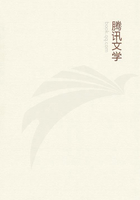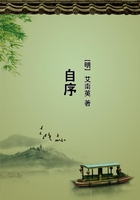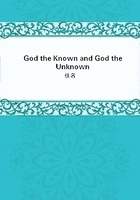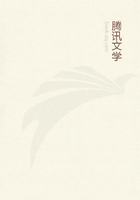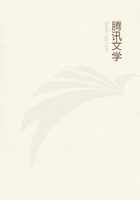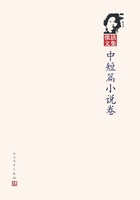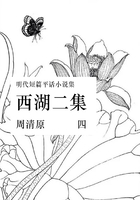Mr. Hallam decidedly condemns the execution of Charles; and in all that he says on that subject we heartily agree. We fully concur with him in thinking that a great social schism, such as the civil war, is not to be confounded with an ordinary treason, and that the vanquished ought to be treated according to the rules, not of municipal, but of international law. In this case the distinction is of the less importance, because both international and municipal law were in favour of Charles. He was a prisoner of war by the former, a King by the latter. By neither was he a traitor. If he had been successful, and had put his leading opponents to death, he would have deserved severe censure; and this without reference to the justice or injustice of his cause. Yet the opponents of Charles, it must be admitted, were technically guilty of treason. He might have sent them to the scaffold without violating any established principle of jurisprudence. He would not have been compelled to overturn the whole constitution in order to reach them. Here his own case differed widely from theirs. Not only was his condemnation in itself a measure which only the strongest necessity could vindicate; but it could not be procured without taking several previous steps, every one of which would have required the strongest necessity to vindicate it. It could not be procured without dissolving the Government by military force, without establishing precedents of the most dangerous description, without creating difficulties which the next ten years were spent in removing, without pulling down institutions which it soon became necessary to reconstruct, and setting up others which almost every man was soon impatient to destroy. It was necessary to strike the House of Lords out of the constitution, to exclude members of the House of Commons by force, to make a new crime, a new tribunal, a new mode of procedure. The whole legislative and judicial systems were trampled down for the purpose of taking a single head. Not only those parts of the constitution which the republicans were desirous to destroy, but those which they wished to retain and exalt, were deeply injured by these transactions.
High Courts of justice began to usurp the functions of juries.
The remaining delegates of the people were soon driven from their seats by the same military violence which had enabled them to exclude their colleagues.
If Charles had been the last of his line, there would have been an intelligible reason for putting him to death. But the blow which terminated his life at once transferred the allegiance of every Royalist to an heir, and an heir who was at liberty. To kill the individual was, under such circumstances, not to destroy, but to release the King.
We detest the character of Charles; but a man ought not to be removed by a law ex post facto, even constitutionally procured, merely because he is detestable. He must also be very dangerous.
We can scarcely conceive that any danger which a state can apprehend from any individual could justify the violent, measures which were necessary to procure a sentence against Charles. But in fact the danger amounted to nothing. There was indeed, danger from the attachment of a large party to his office. But this danger his execution only increased. His personal influence was little indeed. He had lost the confidence of every party.
Churchmen, Catholics, Presbyterians, Independents, his enemies, his friends, his tools, English, Scotch, Irish, all divisions and subdivisions of his people had been deceived by him. His most attached councillors turned away with shame and anguish from his false and hollow policy, plot intertwined with plot, mine sprung beneath mine, agents disowned, promises evaded, one pledge given in private, another in public. "Oh, Mr. Secretary," says Clarendon, in a letter to Nicholas, "those stratagems have given me more sad hours than all the misfortunes in war which have befallen the King, and look like the effects of God's anger towards us."
The abilities of Charles were not formidable. His taste in the fine arts was indeed exquisite; and few modern sovereigns have written or spoken better. But he was not fit for active life. In negotiation he was always trying to dupe others, and duping only himself. As a soldier, he was feeble, dilatory, and miserably wanting, not in personal courage, but in the presence of mind which his station required. His delay at Gloucester saved the parliamentary party from destruction. At Naseby, in the very crisis of his fortune, his want of self-possession spread a fatal panic through his army. The story which Clarendon tells of that affair reminds us of the excuses by which Bessus and Bobadil explain their cudgellings. A Scotch nobleman, it seems, begged the King not to run upon his death, took hold of his bridle, and turned his horse round. No man who had much value for his life would have tried to perform the same friendly office on that day for Oliver Cromwell.
One thing, and one alone, could make Charles dangerous--a violent death. His tyranny could not break the high spirit of the English people. His arms could not conquer, his arts could not deceive them; but his humiliation and his execution melted them into a generous compassion. Men who die on a scaffold for political offences almost always die well. The eyes of thousands are fixed upon them. Enemies and admirers are watching their demeanour. Every tone of voice, every change of colour, is to go down to posterity. Escape is impossible. Supplication is vain. In such a situation pride and despair have often been known to nerve the weakest minds with fortitude adequate to the occasion.

